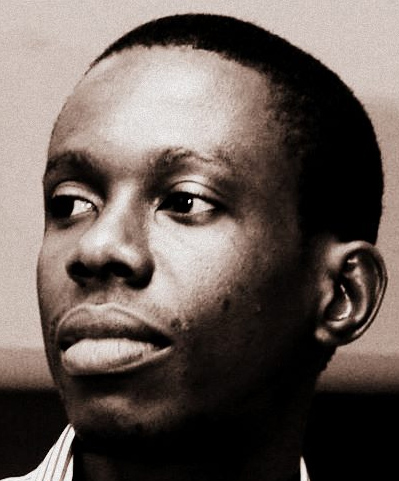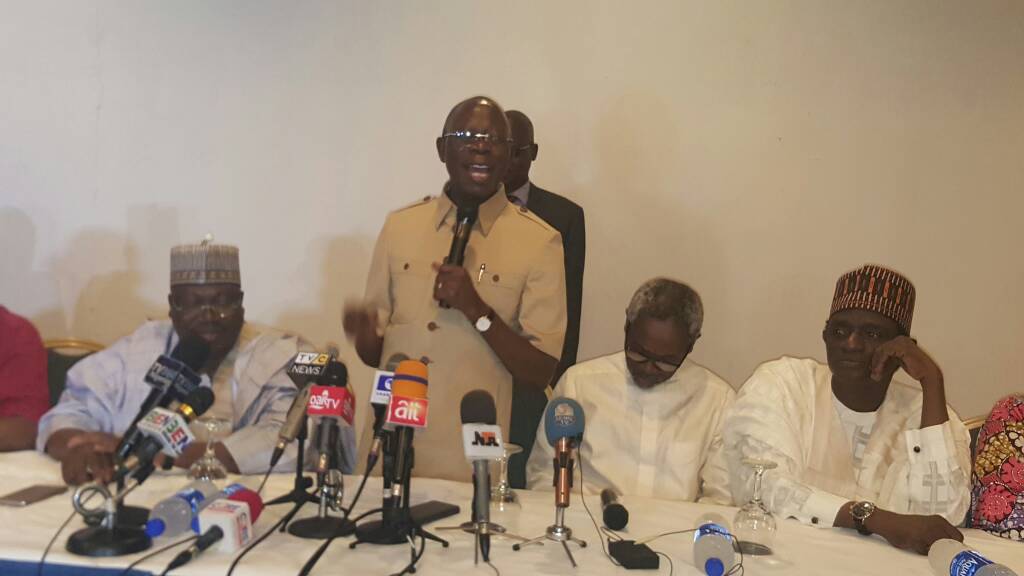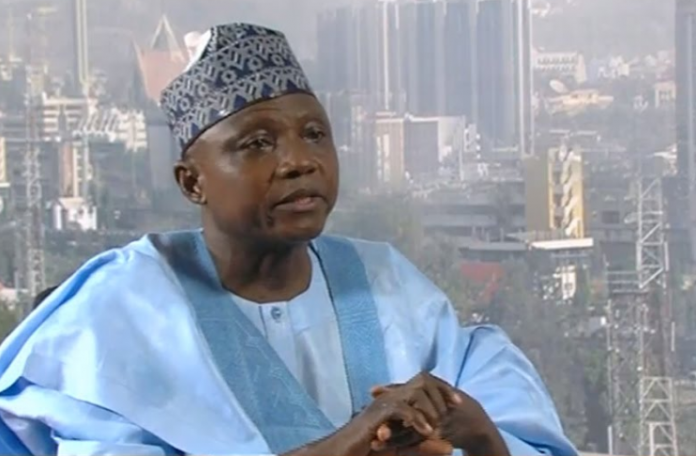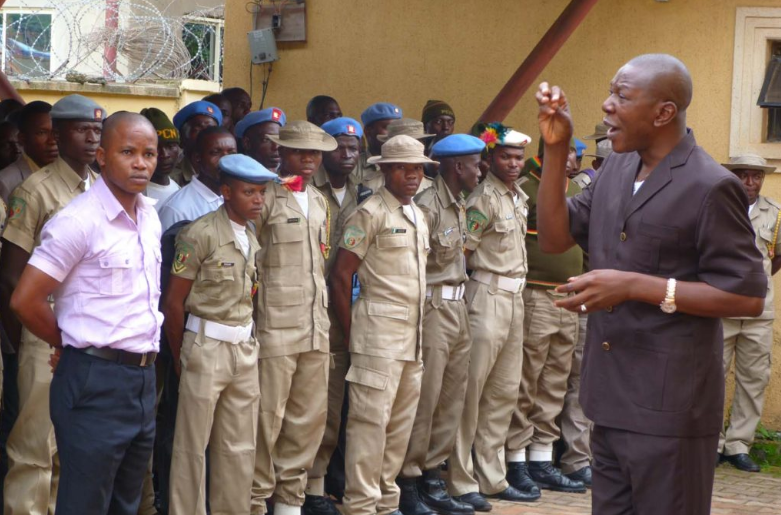I have argued in the past why Nigeria’s electoral process remains a sham that deceives the electorate into thinking that with just a voter’s card they have the “power” to decide who wins an election and ultimately rules them.
The point I have tried to make is that there are two stages in the process to electing a politician. First is the selection process where individual political parties decide on the candidate to field. Then there’s the election proper when voters go to cast their vote from a list of candidates chosen by contesting parties.
My view is that the ordinary electorate holds no real power if he is not part of the first stage of electing a party candidate. Reason is, when you’re trapped between the devil and the deep blue sea – a situation many voters found themselves in during the 2015 presidential election – your power of choice is limited.
Until the leadership of the ruling All Progressives Congress (APC) party opted for direct primary in choosing its candidate for next month’s governorship election in Osun, I had hoped for a time when the Nigerian voters would become members of political parties and take part in this first critical election process.
Advertisement
The APC chairman, Adams Oshiomhole, in his effort to make the party “people-oriented and membership driven” through the direct primary system – where all APC members and not the usual culprit of selected delegates would elect party candidates for elections – is enriching Nigeria’s political process.
The first recorded mention of the new direction party primaries were to assume under his leadership of the APC was during his declaration to vie for chairmanship of the party. He correctly told those present at the occasion that the delegate election was “susceptible to manipulation, abuse and corruption”.
Those APC members who align with Oshiomhole’s vision on strengthening the party believe that direct primaries would indeed help eliminate corruption in the conduct of intra-party election; particularly in cases where according to him delegate votes are easily bought by “desperate aspirants”.
Advertisement
Like the other political parties in Nigeria, the APC before now had conducted what I refer to as intra-party selection. I call the indirect primary a ‘selection’ and not election because observers could always tell that the elected candidate was favored by the party leadership, and/or sometimes a godfather.
This is why I consider this shift to direct primary as the right approach, and one that falls well within the ideals setting up the APC as a progressive party. But like most ideas that tend to challenge the status quo, there are those who because they don’t stand a chance at a free and fair election are opposed to this.
For instance in Abia, Marc Wabara, brother to former Senate President Adolphus Wabara, was in January endorsed by party leaders of the APC in Ukwa East and West area of the state to run for the Abia South senatorial seat.
Party stakeholders in the state said Wabara knows that a direct primary would expose him as an unpopular contender and one of those “desperate aspirants” referenced by Oshiomhole. Wabara joined the APC last year July after two failed governorship attempts under the Peoples Democratic Party (PDP).
Advertisement
Before venturing into politics, Wabara had a scandalous stint as the managing director of the defunct Hallmark Bank. He was picked up by the Economic and Financial Crimes Commission for diverting $56 million belonging to the Joint Development Zone between Nigeria and Sao Tome/Principe.
An investigation by Sahara Reporters had alleged that Wabara, using the funds, traded in short term security investments in the stock market and later moved it to Sao Tome and Principe where he set up a commercial bank named Highland Bank, bought a large piece of prime ocean-side real estate and began the construction of a five-star hotel in the country’s capital.
Unlike the several Wabara’s in the APC opposing the direct primary approach for self-seeking reasons, there are others whose opposition is borne out of concern that in the absence of a proper register to ascertain those who are genuine APC members, the approach changes nothing. For those in this category, a detailed membership register will eventually put an end to their opposition.
In the meantime, though the APC constitution provides for both direct and indirect primaries, if the party would strictly adopt direct primary and not only when it suits some interests in the party, then Oshiomhole’s vision of an APC owned and controlled by all its members isn’t far from reality.
Advertisement
Maduekwe is editor at Discussing Africa. Tweet at him @Ojo_Maduekwe
Advertisement
Add a comment







